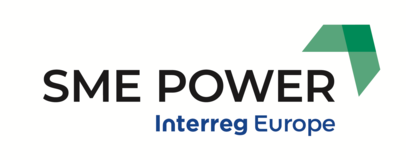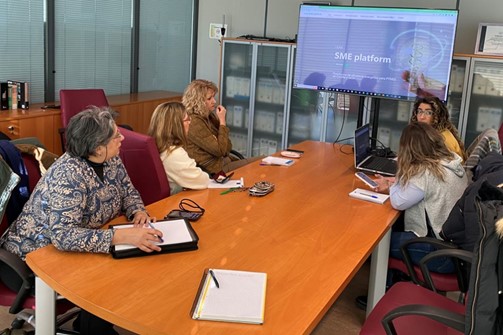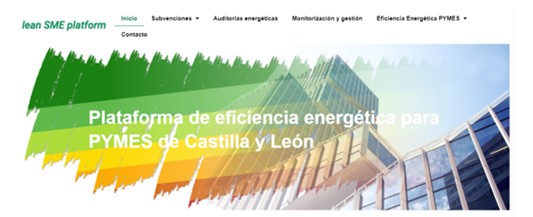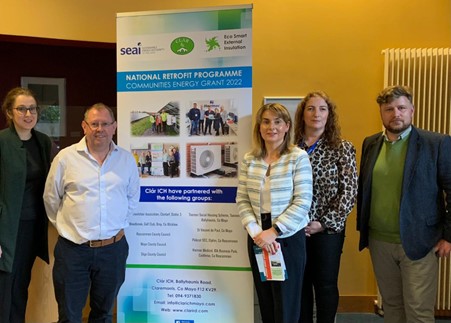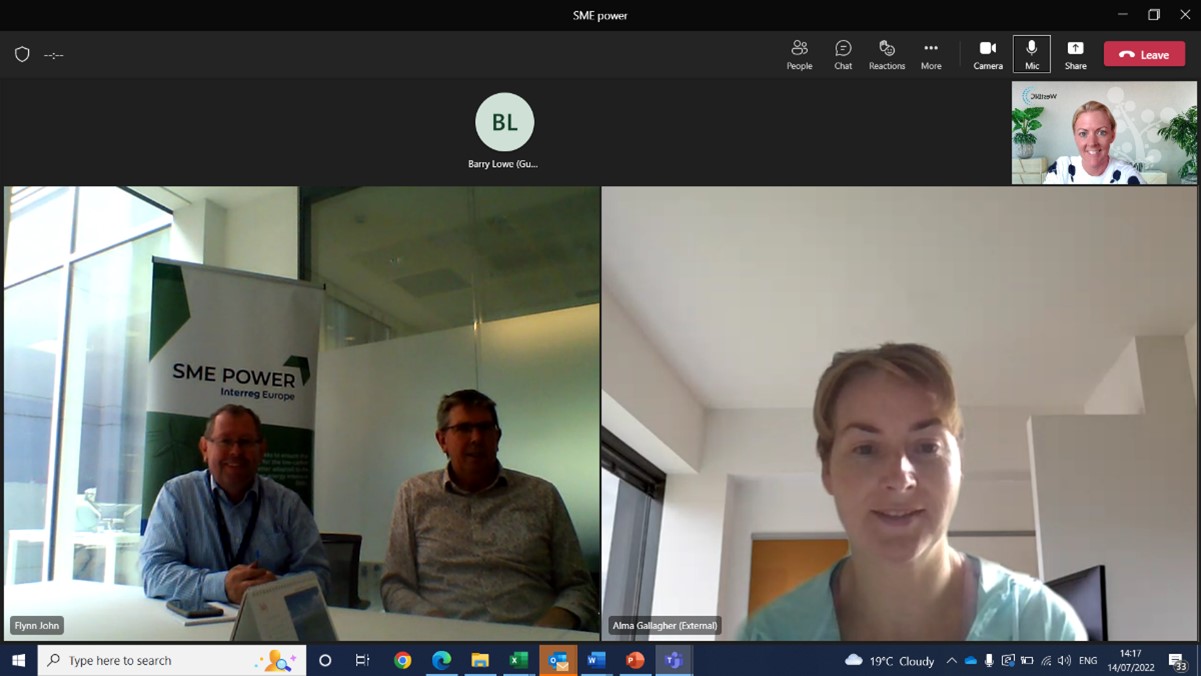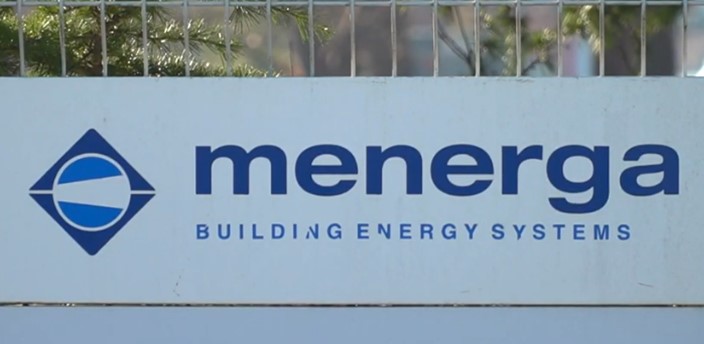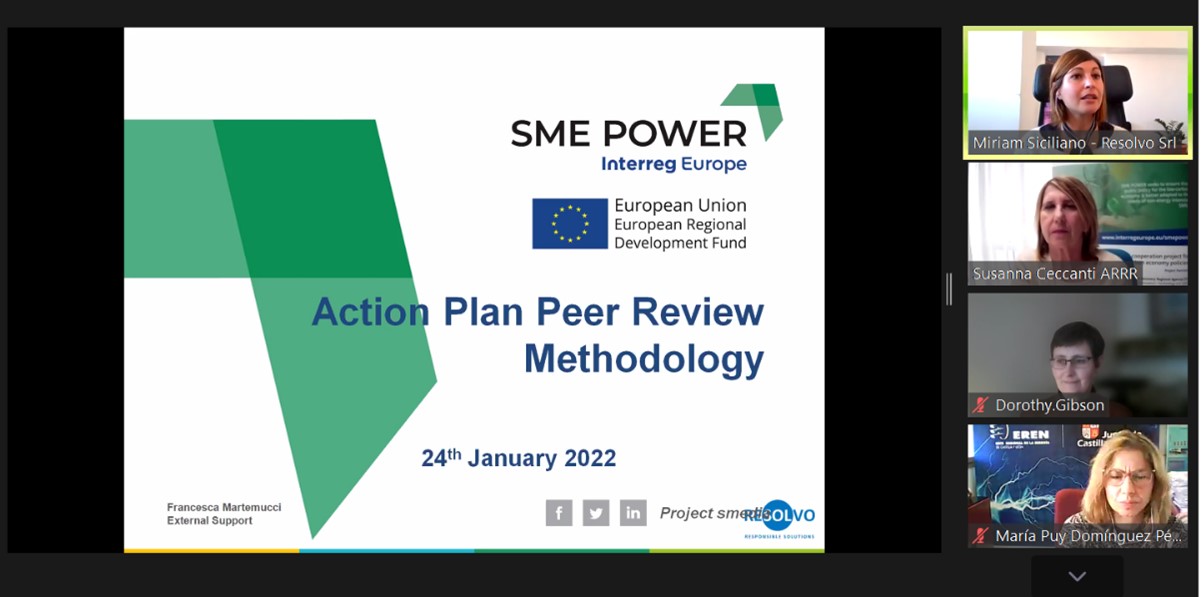In addition to the ARRR representatives, Roberto Bianco and Susanna Ceccanti, the following stakeholders took part in the meeting; Roberto Bianco opened the meeting:
- Valerio Marangolo, Tuscany Region, Energy and Environment Directorate, responsible for technical management of Structural Funds in energy matters
- Laura Simoncini and Luca Baglioni, Craftmen Association
- Antonio Chiappini, Simone Marchi and Chiara Di Sacco, National Confederation of Crafts
- Silvia Ramondetta, Industry Association
- Francesca Caciolli, Commerce Association
- Andrea Rocchetti, Department of Engineering of the University of Florence
The purpose of this third meeting of the RES Group was to analyse the proposals for improvement of the ROP ERDF (identified political instrument) on energy efficiency for SMEs and their possible developments in terms of feasibility. The Italian stakeholders were presented an overview of the work done by SME POWER partners during the exchange of Good Practice sessions, whereby each of the partners had presented the identified experiences at regional level.
During this virtual session, the RES Group also analysed the possible actions to implement in terms of energy efficiency in SMEs which could be included in a specific Action Plan to be presented to the Managing Authority (the Tuscany Region), and which actions can therefore be proposed to improve the next ROP ERDF—also in light of the timing of approval of the next ROP ERDF 2021 - 2027 and the Recovery Fund.
For the proposed change to the “management” of the ROP ERDF—including new initiatives, campaigns, agreements etc.—or to the ROP (Regional Operational Programme) through new projects of ERDF calls, the following actions were shared and taken into consideration, evaluating their possible feasibility:
- More resources to finance tenders for energy efficiency of SMEs (in particular, for interventions on production processes) and to ensure the initial destination of the funds
- Model or project to integrate ERDF contributions with other available forms of incentives (European, national and regional). Reference of this Good Practice: The Municipality of Heinola (Finland) with the "Energy Aid" call and carbon footprint
- Incentives for SMEs (up to 100%) to carry out energy audits, including those not related to the request for assistance for investment projects (include the audit in the call for innovative services)
- Incentives to measure and monitor energy consumption and saving, renewable energy production, and environmental impact. Specific initiatives with associations and universities to promote and carry out audits and monitoring. Reference of this Good Practice: County Durham (England) through the BEEP Project and the Municipality of Heinola (Finland) with the "Energy Aid" call and carbon footprint
- Development of a clear communication, promotion and training plan for SMEs on the benefits of energy efficiency measures and incentive tools, through effective collaboration between the Tuscany Region and Trade Associations and thanks to the involvement of the University for greater synergy between research and actions. Reference of this Good Practice: County Durham (England) with the BEEP Project (Business Energy Efficiency Project)
- Simplification of the application for contributions (use of data and information from companies already in possession of the PA, self-certification of eligibility requirements) and / or strengthening of the existing web platform for application management, grants, monitoring, dissemination of results (single database for businesses). Reference of this Good Practice: EREN (Spain) with the development of the AYAE web platform for granting contributions to SMEs
At this phase of the project, it's essential that the stakeholders support ARRR in the work started at interregional level in order to reconnect the Good Practices shared by the other European partners to the previously assessed regional territorial needs.
The meeting continued with the comparison and evaluation of the best practices identified among those adopted by the European partners that could lead the change, in terms of improvement, of the regional incentive policy for energy efficiency in SMEs in Italy.
To conclude the meeting, it was decided to share a common proposal—the Action Plan, as required by the European project—to be presented to the Managing Authority to provide a concrete contribution to the definition of the ERDF ROP for the period 2021-2027, with the intention to significantly increase the number of companies supported in energy efficiency and use of renewable energy measures compared to the previous programme. A further objective is to achieve important results in terms of energy saving and emissions reduction, considering that in Europe, SMEs consume over 13% of the total energy demand—but less than 30% of SMEs have implemented measures for energy efficiency and integration of renewable energies and only 4% have an active approach to decrease carbon emissions.
